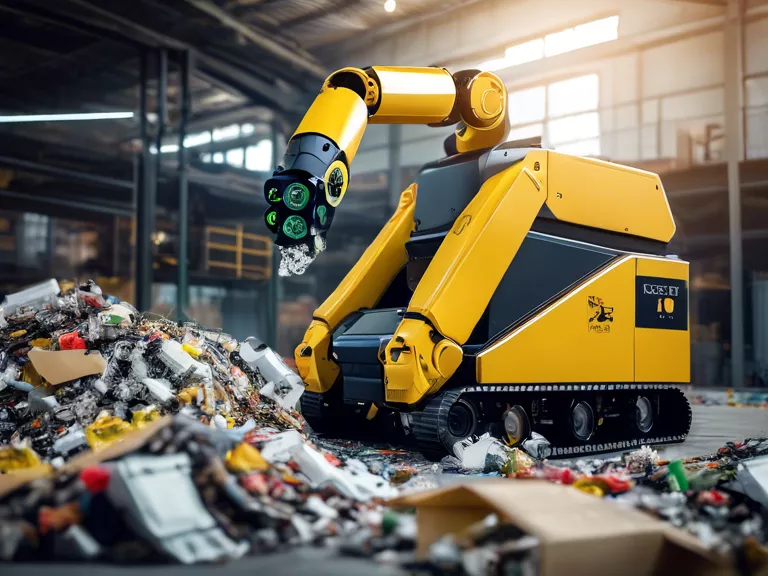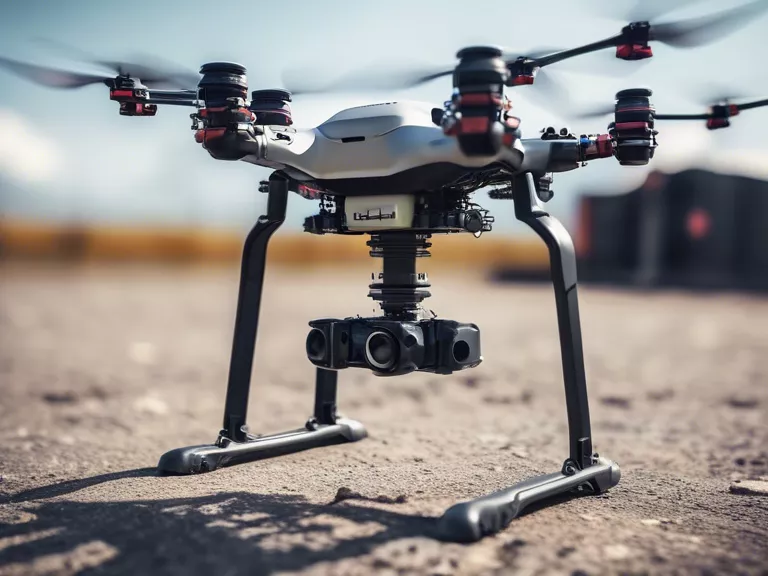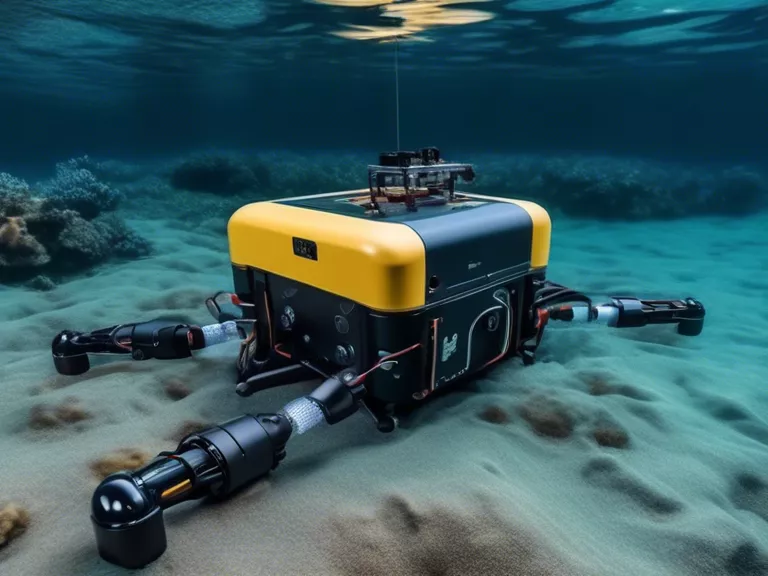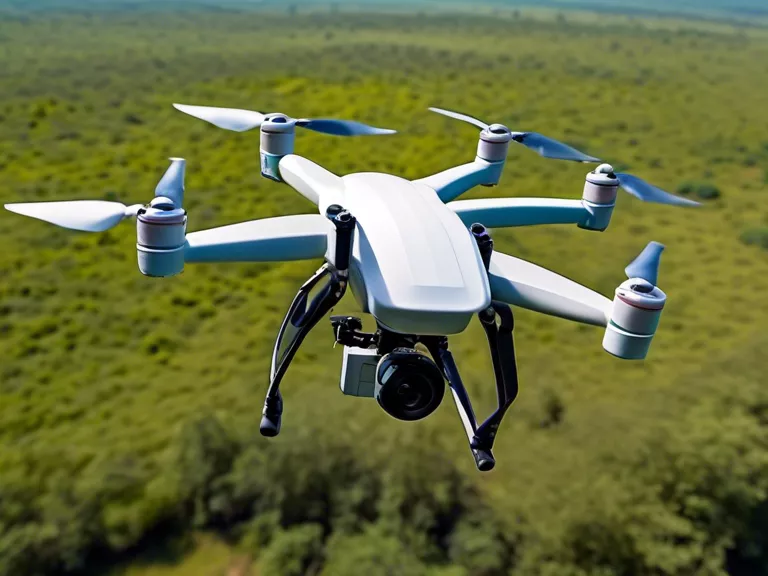
In recent years, the role of robotics in revolutionizing automated waste management has become increasingly prominent. With the advancement of technology, robots are being utilized to streamline waste collection, sorting, and processing processes, making them more efficient and cost-effective.
One of the key areas where robotics has had a significant impact is in waste collection. Traditional waste collection methods are often labor-intensive and time-consuming, leading to inefficiencies and high operational costs. By introducing robotic systems, waste collection companies can automate the process, reducing the need for manual labor and improving overall efficiency. Robotic waste collection vehicles can navigate through urban environments, collect trash bins, and transport waste to designated disposal sites, all without the need for human intervention.
Another area where robotics is transforming automated waste management is in waste sorting and processing. Sorting through different types of waste is a tedious and time-consuming task that can be prone to errors. Robotic systems equipped with artificial intelligence and machine learning capabilities can now accurately identify and segregate different types of waste, including recyclables, organic waste, and hazardous materials. This not only improves the efficiency of the waste management process but also contributes to environmental sustainability by promoting recycling and proper waste disposal practices.
Furthermore, robotics is also being used to optimize waste processing operations. Waste processing facilities often require complex machinery and equipment to handle large volumes of waste efficiently. Robotic systems can be integrated into these facilities to automate various processes, such as shredding, compacting, and incineration. By utilizing robotics, waste processing facilities can operate more efficiently, reduce operational costs, and minimize the environmental impact of waste disposal.
In conclusion, the role of robotics in revolutionizing automated waste management is undeniable. Through the use of robotic systems, waste collection, sorting, and processing processes are becoming more efficient, cost-effective, and environmentally friendly. As technology continues to advance, we can expect to see further innovations in the field of automated waste management, ultimately leading to a cleaner and more sustainable future.



